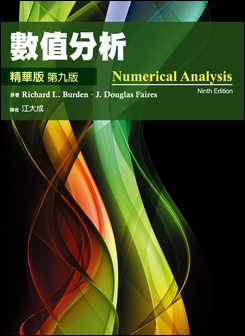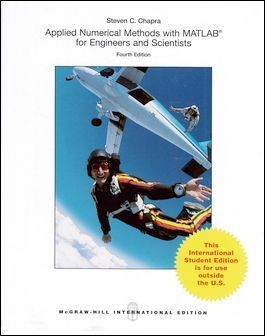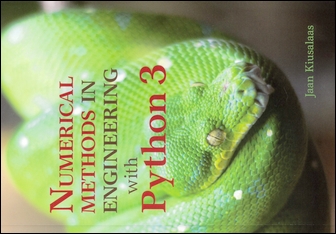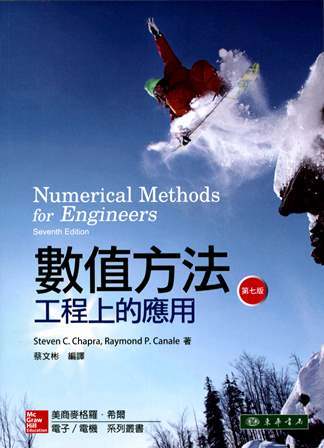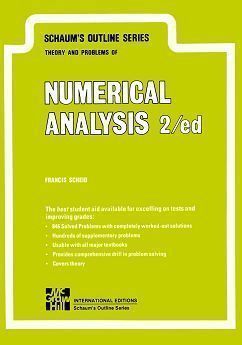書籍分類
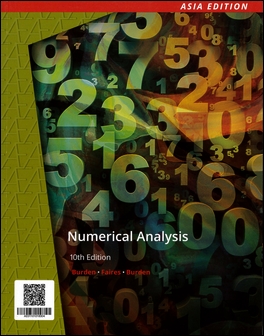
Numerical Analysis 10/e
作者:Richard L. Burden, Douglas Faires, Annette M. Burden
原價:NT$ 1,450
內容介紹 本書特色 目錄 作者介紹
- Description
This well-respected text introduces the theory and application of modern numerical approximation techniques to students taking a one- or two-semester course in numerical analysis. Providing an accessible treatment that only requires a calculus prerequisite, the authors explain how, why, and when approximation techniques can be expected to work-and why, in some situations, they fail. A wealth of examples and exercises develop students' intuition, and demonstrate the subject's practical applications to important everyday problems in math, computing, engineering, and physical science disciplines. The first book of its kind when crafted more than 30 years ago to serve a diverse undergraduate audience, Burden, Faires, and Burden's NUMERICAL ANALYSIS remains the definitive introduction to a vital and practical subject.



